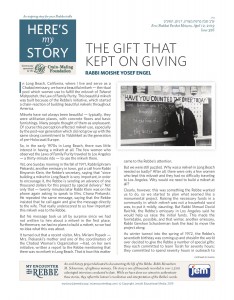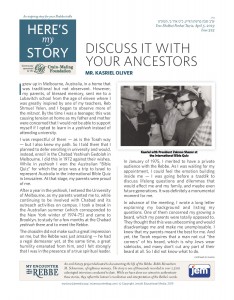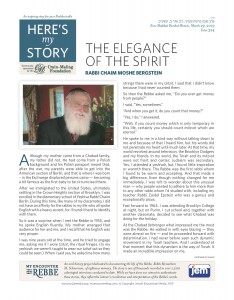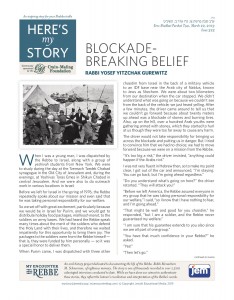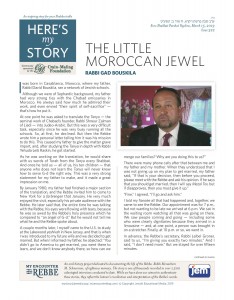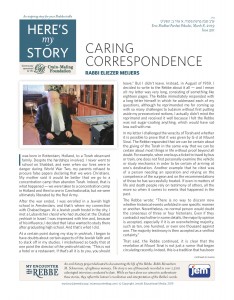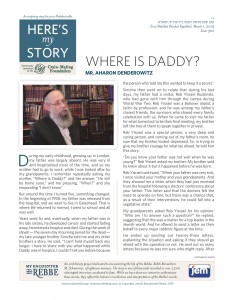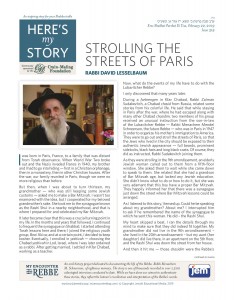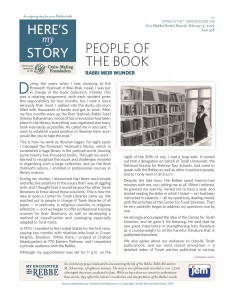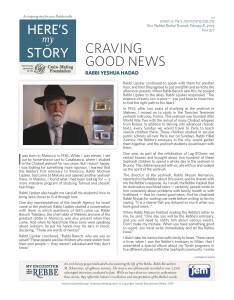The Gift that Kept on Giving
In Long Beach, California, where I live and serve as Chabad emissary, we have a beautiful mikveh – the ritual pool which women use to fulfill the mitzvah of Taharat Mishpachah, the Law of Family Purity. This beautiful mikveh was built because of the Rebbe’s initiative, which started a chain-reaction of building beautiful mikvehs throughout America.
Mikvehs have not always been beautiful – typically, they were utilitarian places, with concrete floors and basic furnishings. Many people thought of them as unpleasant. Of course this perception affected mikveh use, especially by the post-war generation which did not grow up with the same strong commitment to Yiddishkeit as the generation of pre-Holocaust Europe.
So, in the early 1970s in Long Beach, there was little interest in having a mikveh at all. The few women who observed the Laws of Family Purity traveled to Los Angeles – a thirty-minute ride – to use the mikveh there.
Yet, one Sunday morning in the fall of 1971, Rabbi Ephraim Piekarski, another emissary in town, got a call from Rabbi Binyomin Klein, the Rebbe’s secretary, saying that “since building a mikveh in Long Beach is very important, in order to encourage it, the Rebbe is sending an advance of one thousand dollars for this project by special delivery.” Not only that – twenty minutes later Rabbi Klein was on the phone again asking to speak to Mrs. Chana Piekarski. He repeated the same message, saying that the Rebbe insisted that he call again and give the message directly to the wife. That really underscored to us how important this mikveh was to the Rebbe.
But his message took us all by surprise since we had not written to him about a mikveh in the first place. Furthermore, we had no plans to build a mikveh, so we had no idea what this was about.
It turned out that a recent visitor, Mrs. Miriam Popack – Mrs. Piekarski’s mother and one of the coordinators of the Chabad Women’s Organization – had, on her own initiative, written a report to the Rebbe mentioning that there was no mikveh in Long Beach. That is how this matter came to the Rebbe’s attention. (more…)


